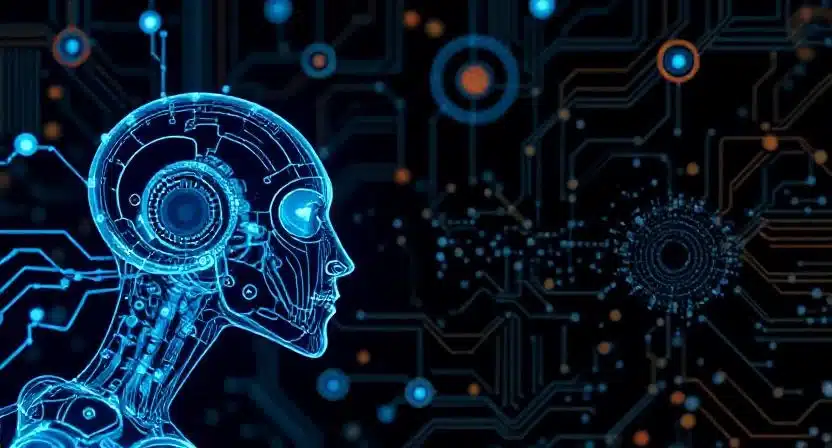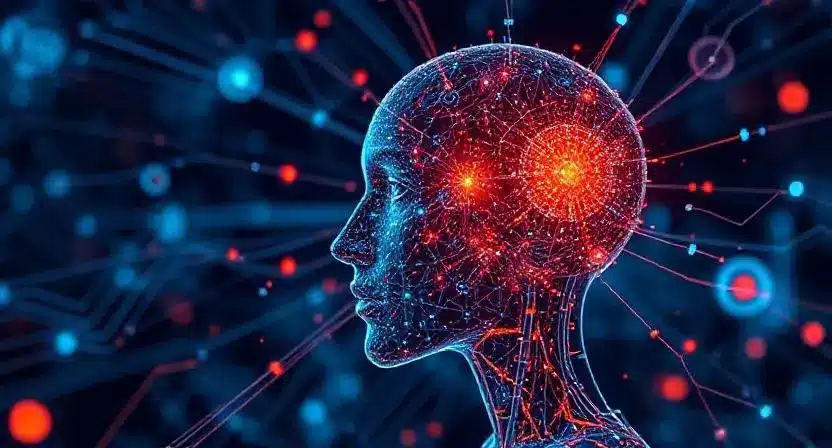
The Evolution of AI: Societal Impact & Future Innovations
1. Introduction to the Evolution of AI
Artificial Intelligence has evolved from simple rule-based systems to complex machine learning and deep learning models. Over the years, AI has moved beyond automation, influencing key industries and daily activities. Understanding this evolution helps anticipate AI’s future and its potential impact on society.
2. AI’s Role in Smart Cities and Infrastructure
AI transforms urban development through smart traffic management, AI-powered surveillance, and energy-efficient systems. AI-driven urban planning enhances sustainability by optimizing resources, reducing congestion, and improving safety measures. As cities become more interconnected, AI will be the backbone of future infrastructure projects.
3. AI and the Workplace: Automation vs. Job Creation
One major debate surrounding AI is its impact on employment. While automation replaces repetitive jobs, AI also creates new career opportunities in AI development, data science, and cybersecurity. Understanding the balance between AI-powered automation and human workforce adaptation is essential for businesses and employees.
4. AI’s Role in Space Exploration
AI is a key player in advancing space exploration. Autonomous rovers, AI-driven satellite navigation, and machine learning algorithms help scientists analyze planetary data. AI assists in predicting cosmic events and enhancing astronaut safety. As space missions become more complex, AI’s role in interstellar research will expand.
5. The Future of AI-Powered Personalization
From hyper-personalized marketing to AI-driven healthcare solutions, AI tailors experiences for individuals. Businesses leverage AI to improve customer interactions through predictive analytics, sentiment analysis, and recommendation engines. AI-powered virtual assistants are expected to become more human-like, enhancing personalization.
6. AI and Ethical Considerations in Autonomous Systems
Autonomous AI, including self-driving cars and AI-powered drones, raises ethical questions regarding accountability and safety. Establishing AI governance and regulations is critical to ensuring responsible AI development. Bias in autonomous decision-making must also be addressed to create fair and reliable AI systems.
7. AI and the Next Technological Revolution
The next AI revolution will be driven by Quantum AI, Explainable AI (XAI), and Neuromorphic Computing. These advancements will push AI beyond traditional limits, making it more interpretable and efficient. Future AI will be designed to work seamlessly with human cognition, fostering innovation across industries.
Conclusion
AI is not just evolving—it is reshaping the world. From transforming urban infrastructure to influencing space exploration and business innovations, AI’s potential is limitless. However, ethical considerations and human collaboration remain crucial to its successful implementation. As AI continues to progress, understanding its capabilities and limitations will be key to a balanced, AI-driven future.




